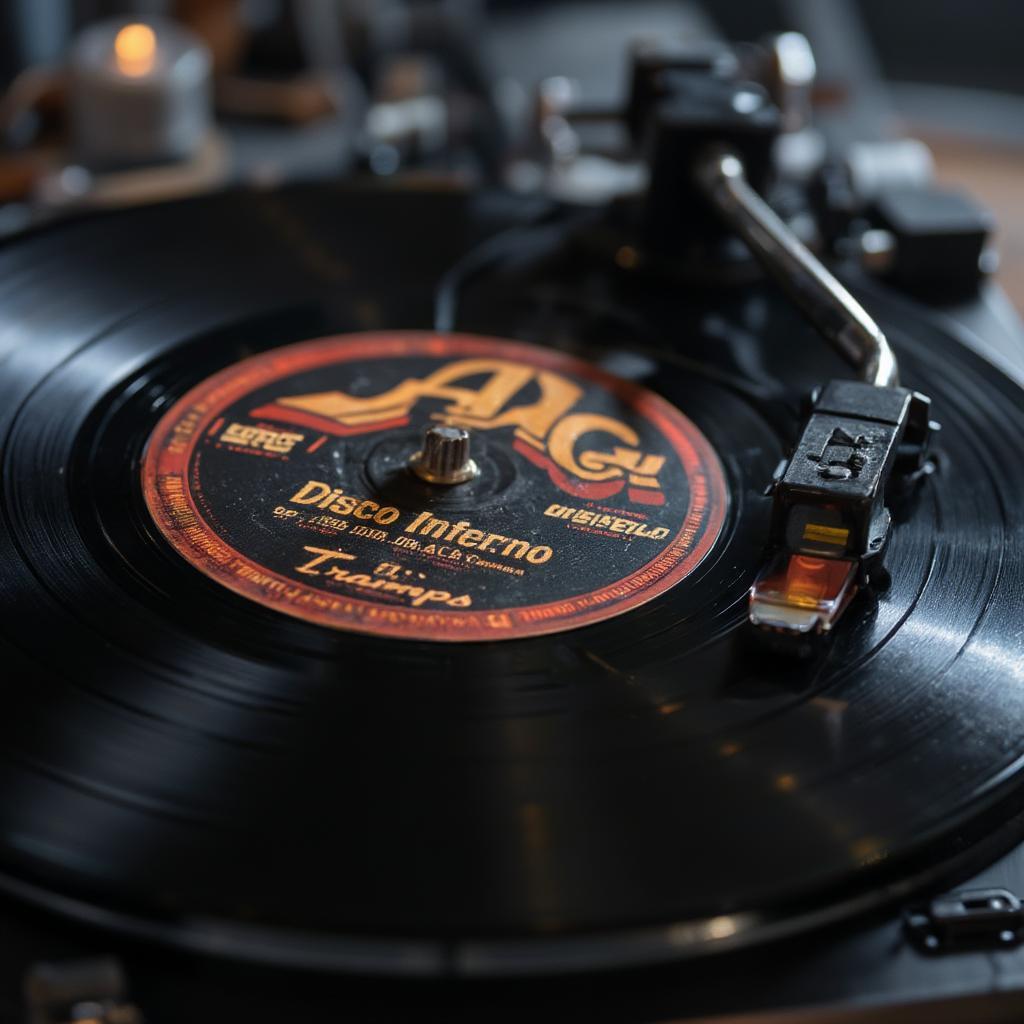Rolling Stones Disco: Myth, Misconception, and Miss You

The Rolling Stones, rock ‘n’ roll royalty, and disco? It seems like an unlikely pairing, a clash of genres. While the Stones weren’t exactly disco pioneers, their flirtation with the genre yielded fascinating results, proving their versatility and reflecting the pervasive influence of disco in the late 1970s. This article delves into the Rolling Stones’ foray into disco, examining the cultural context, the music itself, and the lasting impact of this surprising intersection.
Disco Fever Hits the Rock Scene: The Rolling Stones’ Embrace of the Dance Floor
The late 1970s were a time of cultural and musical upheaval. Disco, with its infectious beats and emphasis on dance, dominated the airwaves. Even rock bands, traditionally seen as disco’s antithesis, felt its pull. The Rolling Stones, ever attuned to the cultural zeitgeist, weren’t immune. Their venture into disco wasn’t a complete departure from their blues-rock roots but rather an exploration, a reflection of the era’s musical landscape. They incorporated elements of funk, soul, and disco into their sound, creating a unique hybrid that both surprised and delighted fans.
“Miss You”: The Crown Jewel of Rolling Stones Disco
While several Stones tracks have disco undertones, “Miss You” from their 1978 album Some Girls stands out as their most overt disco experiment. The song, with its prominent bassline, four-on-the-floor beat, and extended instrumental breaks, became a massive hit, topping the Billboard Hot 100. The sultry saxophone solo by Mel Collins further cemented the song’s disco credentials. “Miss You” proved that the Rolling Stones, even with their established rock identity, could successfully navigate the disco landscape.
Beyond “Miss You”: Subtle Disco Influences in the Stones’ Repertoire
Although “Miss You” remains the quintessential Rolling Stones Disco track, other songs from this period hint at the genre’s influence. “Hot Stuff,” also from Some Girls, features a funky groove and layered vocals reminiscent of disco’s production techniques. Even in tracks with a more traditional rock structure, subtle disco elements like syncopated rhythms and danceable beats can be detected, showcasing the band’s willingness to experiment and adapt.
The Disco Backlash and the Stones’ Legacy
The late 1970s witnessed a growing backlash against disco, culminating in the infamous “Disco Demolition Night” in 1979. However, the Rolling Stones’ dalliance with disco wasn’t seen as a betrayal of their rock roots. Their incorporation of disco elements was viewed as a natural evolution, a testament to their ability to absorb and reinterpret different musical styles.
Did the Rolling Stones Intentionally Make Disco Music?
The question of whether the Stones intentionally set out to create disco music is debatable. While “Miss You” clearly embraces the genre’s conventions, it retains the band’s signature swagger and rock sensibility. It’s likely that the Stones were simply responding to the prevalent musical trends, incorporating disco elements into their existing sound rather than attempting a complete genre shift.
A Testament to Versatility: The Enduring Appeal of “Miss You”
Despite the disco backlash, “Miss You” remains a beloved and enduring hit. Its infectious groove transcends genre boundaries, appealing to both rock and disco fans alike. The song showcases the Rolling Stones’ versatility and their ability to adapt to changing musical landscapes without losing their core identity.
Dr. Anya Sharma, Music Historian and Author of “The Disco Revolution,” notes: “The Rolling Stones’ foray into disco, particularly with ‘Miss You,’ demonstrates the genre’s widespread influence. Even rock giants weren’t immune to disco’s infectious rhythms.”
The Rolling Stones and Disco: A Cultural Crossroads
The intersection of the Rolling Stones and disco represents a fascinating cultural moment. It highlights the fluidity of musical genres and the willingness of artists to experiment and push boundaries. While the Stones’ disco period may have been brief, it left an indelible mark on their musical legacy, showcasing their adaptability and contributing to the evolution of both rock and disco.
Professor Ethan Miller, Musicologist and Author of “Rock and Roll: A Cultural History,” adds: “The Rolling Stones’ engagement with disco wasn’t just about following a trend; it was about exploring new sonic territories and expanding their creative horizons.”
In conclusion, the Rolling Stones’ exploration of disco, epitomized by “Miss You,” exemplifies their musical versatility and reflects the pervasive influence of disco in the late 1970s. While not a defining characteristic of their career, their disco flirtation remains a captivating chapter in their story, demonstrating their ability to embrace new sounds while retaining their unique identity. The enduring popularity of “Miss You” underscores the song’s timeless appeal and solidifies its place as a testament to the Rolling Stones’ enduring legacy. “Miss You” also became a bridge between two seemingly disparate musical worlds, demonstrating the power of music to transcend genre boundaries and unite diverse audiences.

FAQ: Rolling Stones and Disco
-
What is the most famous Rolling Stones disco song? “Miss You” is widely considered their most famous disco track.
-
What album is “Miss You” on? “Miss You” is featured on the 1978 album Some Girls.
-
Did the Rolling Stones only make one disco song? While “Miss You” is their most prominent disco track, other songs from that era exhibit disco influences.
-
Why did the Rolling Stones make disco music? The reasons are likely multifaceted, ranging from responding to musical trends to exploring new creative avenues.
-
Was “Miss You” a successful song? Yes, “Miss You” topped the Billboard Hot 100 and remains a popular song today.
-
Did the Rolling Stones embrace disco fully? While they experimented with disco, they never fully abandoned their rock roots.
-
What impact did the disco backlash have on the Rolling Stones? Their disco experimentation wasn’t negatively impacted by the backlash, and “Miss You” remained a hit.
-
How did “Miss You” influence other musicians? The song’s success demonstrated that rock bands could incorporate disco elements without alienating their fanbase.
-
Where can I listen to “Miss You”? “Miss You” is readily available on various music platforms and streaming services.




